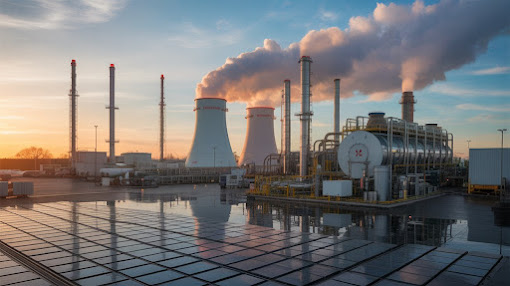Spotlight on the Best Research Article Award #sciencefather #researchawards #article #phenomenology

🌟 Calling All Researchers & Technicians: Get Recognized with the Best Research Article Award! 🏆📚 In the world of science and academia, your dedication, curiosity, and brilliance often unfold behind lab doors, computer screens, or stacks of journals. Whether you're formulating groundbreaking hypotheses 🧠, analyzing complex data 📊, or ensuring precision in technical procedures 🔧—your work matters. Now it's time to shine a spotlight on your achievements through the Best Research Article Award ! 🌍✨ This prestigious recognition celebrates outstanding scholarly contributions that are changing how we understand the world, solve problems, and create better futures. 🌱 From social sciences to biochemistry, engineering to education, this award acknowledges the pioneers, thinkers, and doers who make real impact through research and innovation. 🎯 Why This Award Matters Every research article is a product of perseverance, creativity, and collaboration. But only a few stand...




